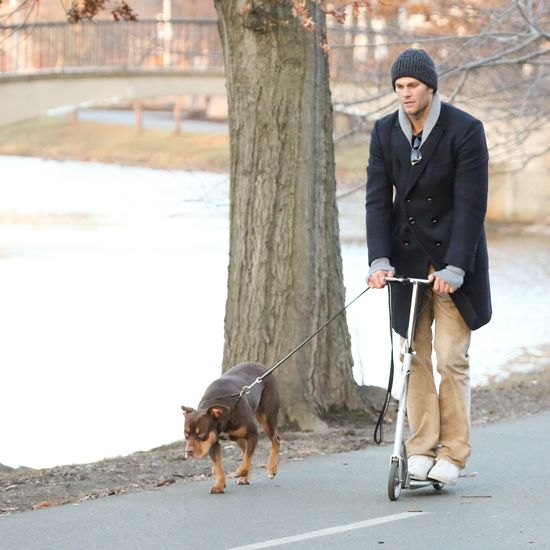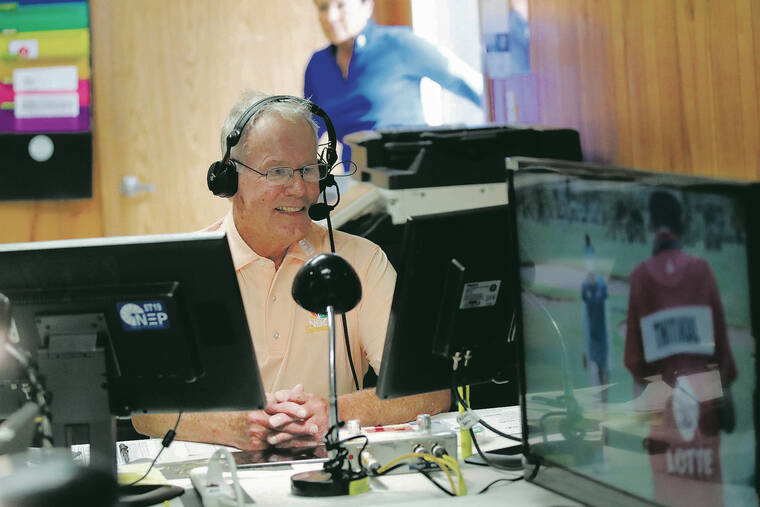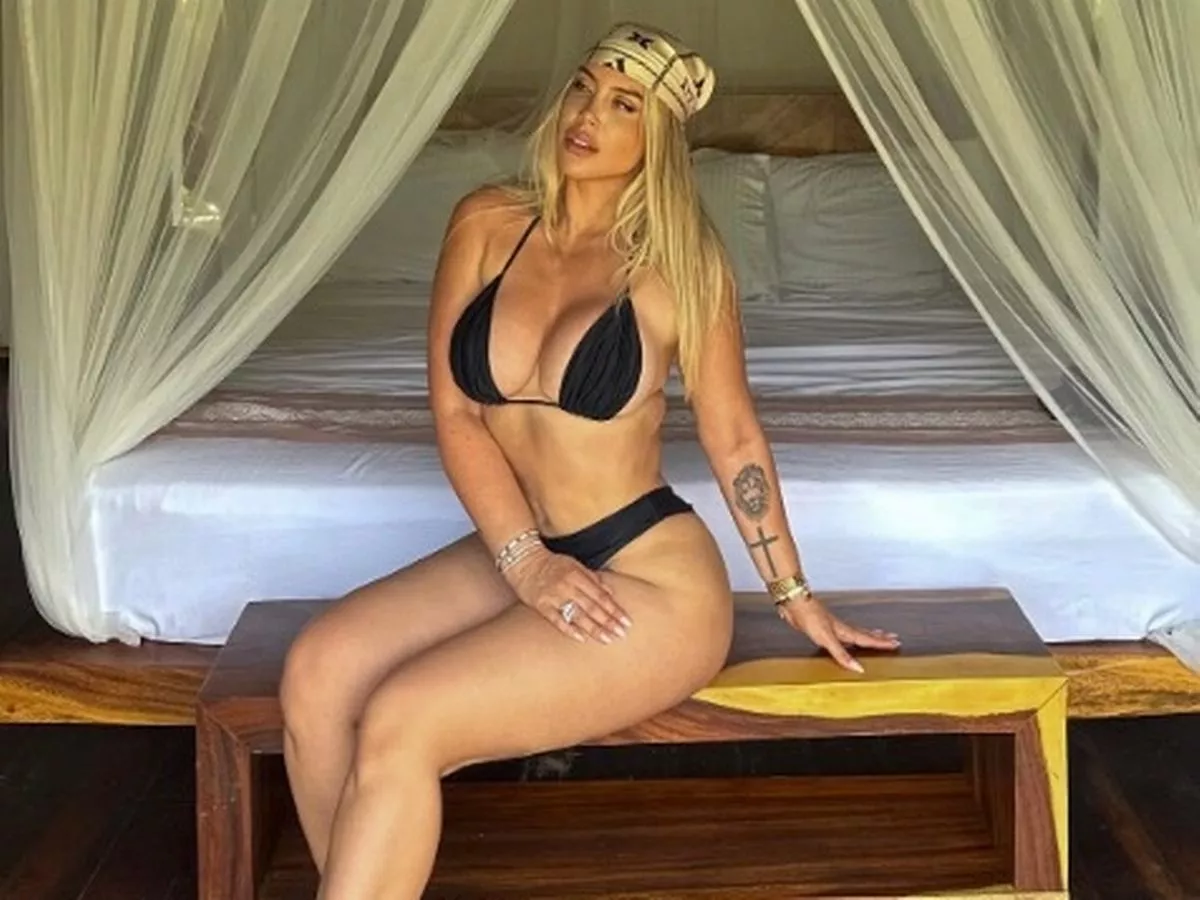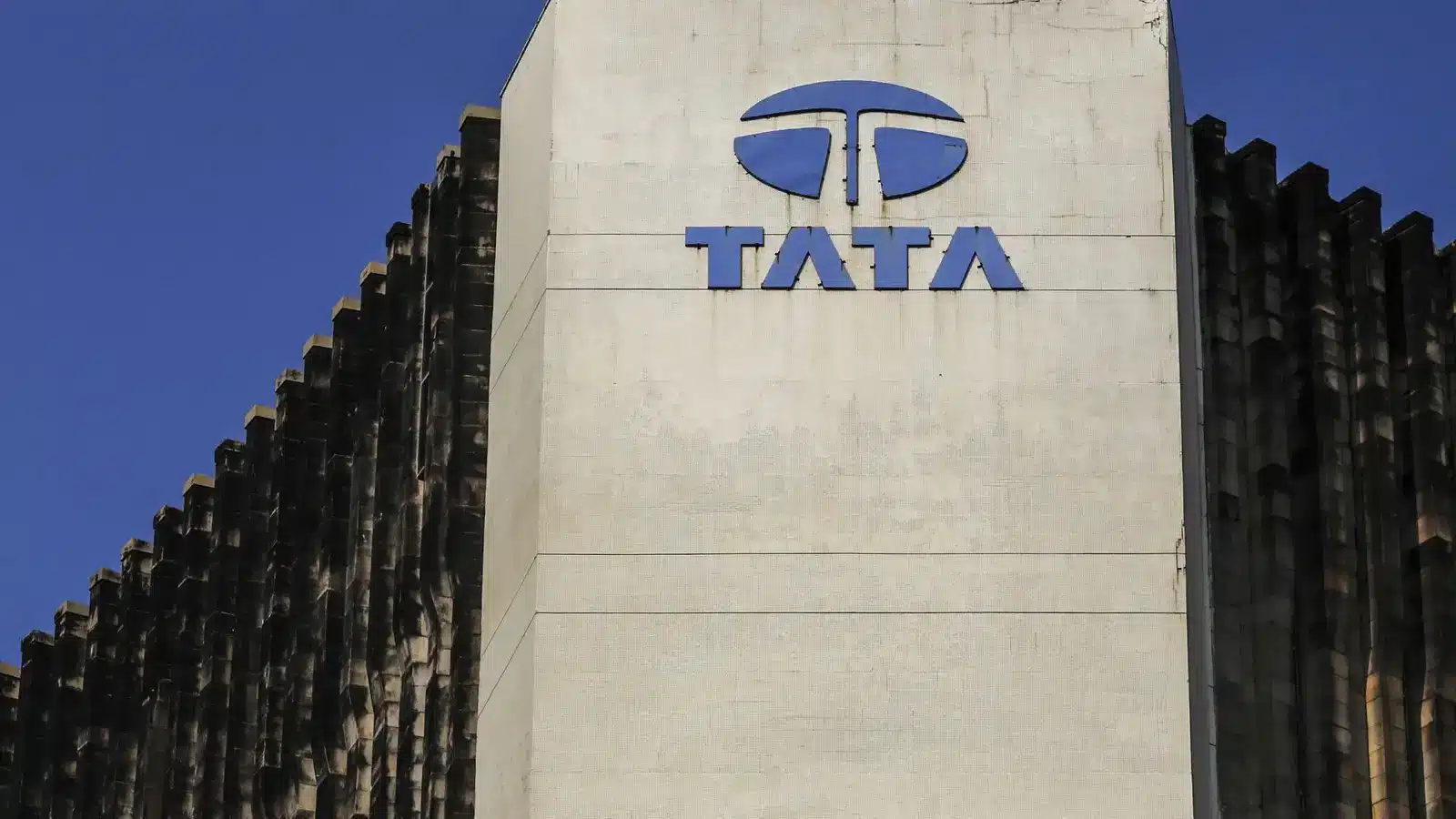Copyright independent

The National Football League icon and Birmingham City co-owner announced the news in a statement released via Colossal Biosciences, a Dallas-based biotechnology company he has invested in. Confirming his dog, Junie, had been cloned from former pet Lua, who died in December 2023, Brady said: “I love my animals. They mean the world to me and my family. “A few years ago, I worked with Colossal and leveraged their non-invasive cloning technology through a simple blood draw of our family’s elderly dog before she passed.” Brady’s statement was issued alongside an announcement by Colossal that it had acquired another cloning company, Viagen Pets and Equine. Colossal proclaims on its website that its mission is to “fix” extinction, adding: “Combining the science of genetics with the business of discovery, we endeavor to jumpstart nature’s ancestral heartbeat. To see the Woolly Mammoth thunder upon tundra once again. “To advance the economies of biology and healing through genetics. To make humanity more human. And to reawaken the lost wilds of Earth. So we, and our planet, can breathe easier.” Today's News in 90 Seconds - Wednesday, November 5 Brady said the company had given his family “a second chance with a clone of our beloved dog”, adding that he was “excited how Colossal and Viagen’s tech together can help both families losing their beloved pets while helping to save endangered species”. Viagen previously cloned pets for celebrities including Barbra Streisand and Paris Hilton, something that typically costs between $50,000 and $85,000. The company holds technology licences from the Roslin Institute of Edinburgh, which created Dolly the Sheep − the world’s first cloned mammal − in 1996. Colossal recently claimed to have produced three cloned dire wolf pups, something that has been disputed by conservation groups.



